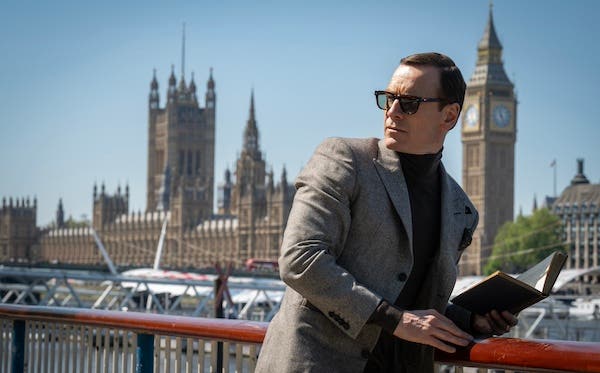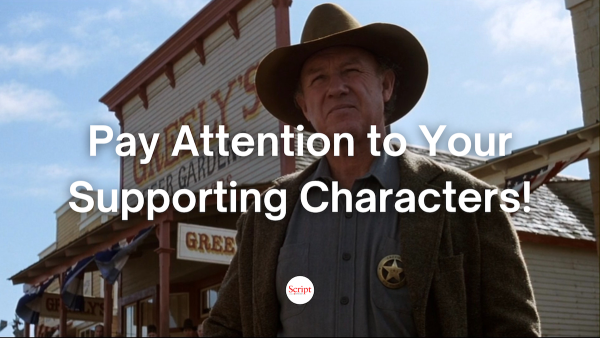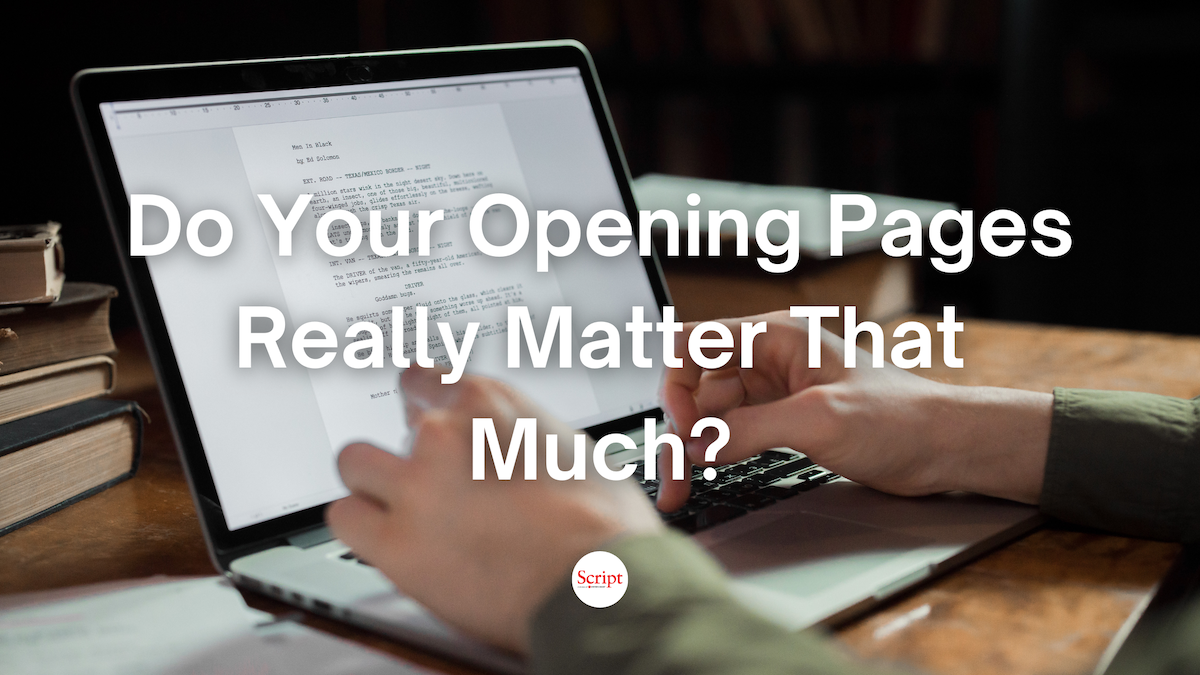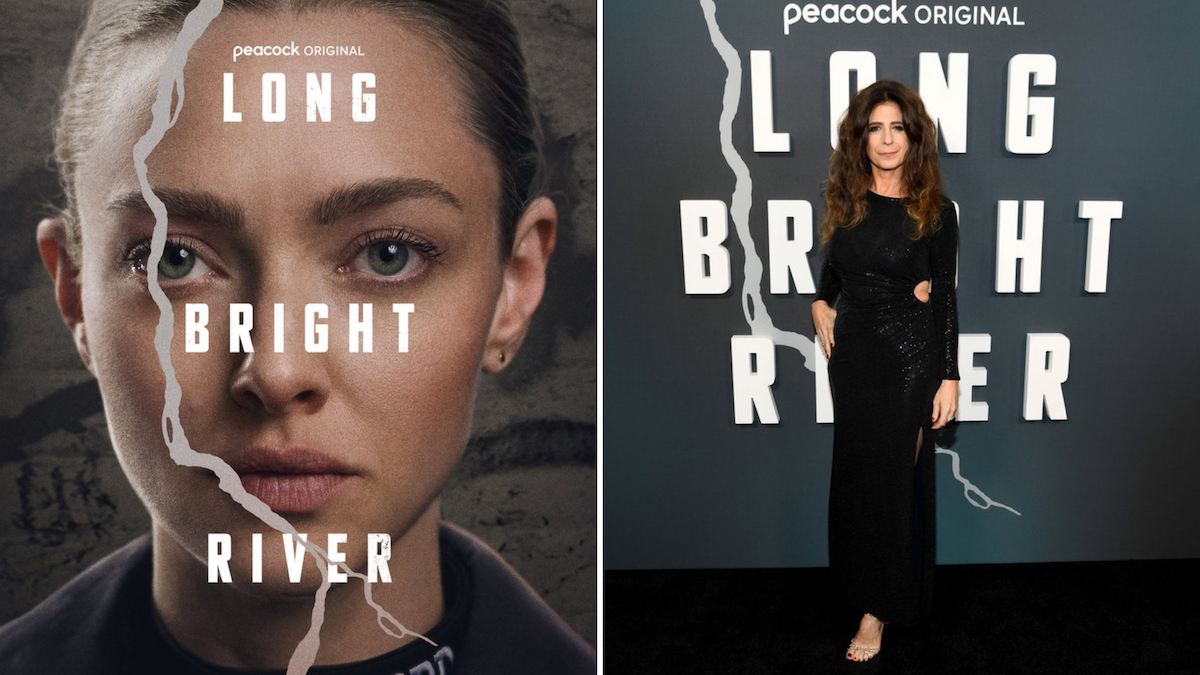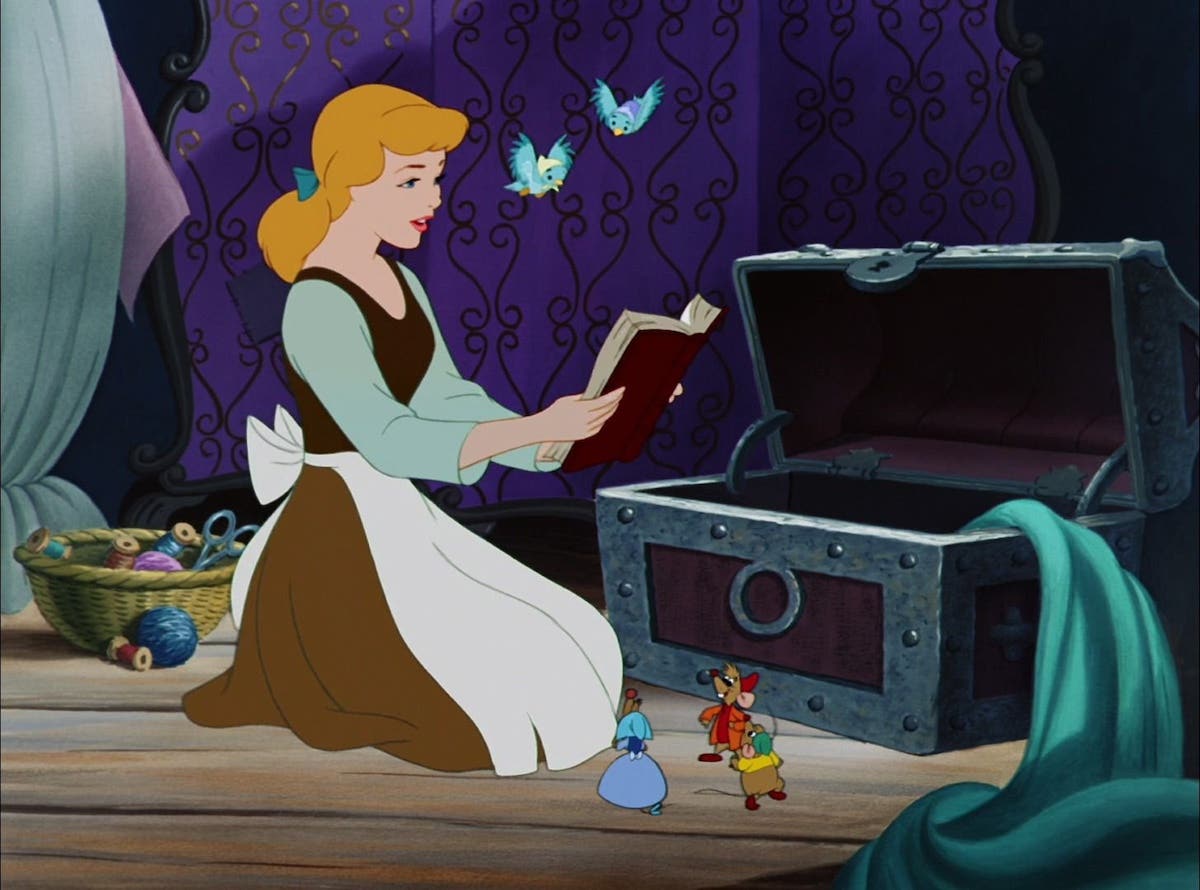What is a Story?: Conflict – The Foundation of Storytelling
Click to tweet this article to your friends and followers! Storytelling is based on conflict. Without conflict there’s no drama. Drama is conflict. By no means is this a new…
Storytelling is based on conflict. Without conflict there's no drama. Drama is conflict. By no means is this a new definition but a confirmation of the very foundation of storytelling. What is needed is to understand the role conflict plays, and in the process of discovering what a story is, the goal is also to discover what conflict is.
Every novel, play, movie and TV show is based on conflict, regardless of genre. In comedies we laugh at conflict. Conflict requires resolution. When conflict causes stress it's because a solution has yet to be found. Solutions are never one size fits all, unless you happen to subscribe to an overriding believe that, for instance, love conquers all. But, clearly not all characters create or overcome conflict in the same way. How a character handles conflict--whether internal or external--is very much a part of what makes that character unique. Solutions are often choices based on circumstances, the nature of the conflict, and whose involved.
We create conflict. It's possible to debate whether conflict is natural or not. It's unlikely mother nature throws tsunamis and earthquakes at us as some form of punishment, as some believe. More so, it's the human conflict that occurs as the result of natural disasters. We are ill-equipped to effectively deal with unforeseen disasters, some of which can reach catastrophic proportions. Armegeddon deals with the threat of total global destruction as the result of an asteroid speeding towards the earth. War of the Worlds, on the other hand, captures the struggle we might face with creatures not from our own planet (and so many other Sci-Fi flix). Outbreak and Contagion battle the nightmare of a pandemic virus.
We may not choose conflict, but we must choose how to deal with it, which takes us to the classic psychology underpinning of human behavior: fight or flight. This, incidently, is a major pathway into understanding character development, i.e., cowards run, heroes stay and fight. Characters grow--the character arch--based on how they handle conflict (overcoming obstacles).
In fiction--as in real life--the foundation of character is how people choose to overcome obstacles--how they handle conflict. Choice...is the operative word. We cheer for those who overcome adversity, whether it be an illness, an enemy or an inner demon.
We can choose to feed the dark side--evil--or search for resolution that leads to peace--good vs. evil. The very essence of Star Wars and the reason for its phenomenal popularity, is how it captures the very struggle of good vs. evil--the "dark side" vs. "the force."
Characters make choices. In fact, gurus like Sadhguru and other Buddhist visionaries, reveal that life--suffering vs. happiness--is all about choice. Unless it's pathologic, even depression is considered a choice. It's a way to get attention. How true it is that our emotional states are a result of choice is another driver in how we tell stories. Often we react unwittingly, but we choose to respond.
Audiences do not choose to root for the bad guy. It goes against our very nature--our sense of right and wrong--the foundation of civilization. If we want the bad guy to win, we've chosen lawlessness as a basis for survival. If evil is OK, it destroys our sense of what is good. It destroys the basis for our religion; our spirituality.
But when we do root for a bad guy, we're rooting for a guy whose made badchoices. Actors understand the secret to bad guy roles is understanding that bad people often don't see themselves as bad. From the Godfather to Scarface, bad people act out of the instinct for survival--self-preservation. When they do see the bad in themselves, the result is guilt and shame or downright evil. Humans are the only species on the planet that derive pleasure from hurting others. Yet, this is hardly something we applaud. And, it goes against the grain to say hurting others is a part of human nature. More so, it goes against human nature...on the basis, of course, you believe it is human nature to not just want to survive, but also do good and love one another.
We tense up when conflict is unresolved. Stress is the result of unresolved conflict--and very much the stuff of Act 2 in a traditionally structured screenplay. Act 1 introduces the conflict with Act 3 the resolve. We sigh relief or rejoice when we overcome it. We have...a happy ending. Every decision and choice we make arises from conflict. And in turn, every conflict is the result of the choices and decisions we make. The choice or decision we make is the solution, which invariably creates new conflict.
According to an old belief, out of the primordial soup, life is nothing more than the survival of the fittest. Everything and everyone is competing for their claim to limited resources. In the world of memetics, it's called the "selfish gene." Does the World consist of limited resources or is the Universe abundant?
Many believe competition isa natural force in life. But is it? Are we really a world divided by winners and losers? Haves and Have-nots? The quest for truth may be illusive, but one thing's for sure, such rhetorical questions are the stuff of storytelling.
In a world based on sharing, no one's needs go unmet. When someone loses, we all lose. But, we don't live in a world based on sharing. Wait! Lot's of people share. Perhaps not enough. Consequently, greed and selfishness are major drivers of conflict. Sharing is a solution to conflict.
There is Inner Conflict and Outer Conflict. We are in constant conflict with ourselves. We are in constant conflict with others. We are in conflict with our immediate surroundings. And we are in a constant state of Global Conflict. The term "Conflict" is often used in place of War. Yet, within this world of conflict, we somehow manage to find some semblence of inner peace. We find ways to get along. So conflict does not exist in a vacuum.
Is it true, as some believe, that External Conflicts, outside of naturally occuring ones, are the manifestations of our Inner Conflicts? War, crime, poverty and even disease is the result of our inability to resolve our own inner conflicts, whatever they may be? Some even believe thunder, volcanic eruptions, tsunamis, stars colliding and black holes are somehow the result of combined negative human energy output. That is, negative energy generates conflict manifested in natural occuring events. Is natural disaster the wrath of God? But Mother Nature doesn't swallow up an island because she hated the island. The lion doesn't kill the antelope because of something the antelope did or said. Do we really suffer today because of something we did in a past life? Such a thought is the stuff of madness.
Change produces conflict and conflict produces change.
A storytelling device--or strategy--is to first create chaos, out of which comes order. Conflict arises from causing unbalance in an ordered state: a crime, an attack, the onslaught of illness. The classic Greek mythical tale of a Phoenix rising is quite dramatic--something new is born out of destruction or chaos.
Is art born from conflict? Is pain or suffering the underlying defining mechanism of conflict?
One God, God is a man, many Gods, the Christian God, the Islamic God: it's a belief system. Clearly, not everyone's beliefs are the same...and that produces conflict. Beliefs are not truths. They are illusions. Yet, people will kill in the name of their beliefs. If there is a God, what obstacles did God have to overcome to create the Universe? Or did "he" just snap his/her fingers? And where WAS he, before he created the Universe? In other words, the belief in God--or a God--is a major source of conflict. Trying to answer those questions is the very thing that pits sciene against faith...and we have conflict. We have the basis for a story.
But, even though babies come into the world crying, whatever conflict they face comes from the outside, not the inside. A baby doesn't choose to be hungry, or cold, or abandoned, unless you give it a Buddhist karma/reincarnation twist to it. There's nothing the baby did to warrant such grief; such struggle. It's hard to blame a baby for crying. So, from day one, life becomes a constant stream of conflicts, or obstacles.
With so much conflict, it's not hard to see why there's suicide, drugs, divorce, murder and escape into wild rampant debauchery-filled sexcapades we watch on TV. No, it's the other way around: drugs, booze, etc. produce conflict. Point of view is a major factor in conflict. Some believe one of the first questions to ask in problem solving is, "Is there a problem to begin with?"
Patriotism is conflict. We create national borders. One language becomes primary, another secondary. Trade agreements are negotiated and broken. Embargos are imposed. Borders are lines of conflict. Immigration becomes legal or illegal, and the influx of new cultures is certain to cause a clash. Big cities are in a constant state of turmoil as people are constantly confronted with beliefs, rules and ideas far different than their own. However, such diversity is also the heart of innovation and creativity.
Courts are endless battlegrounds to prove some law or right was broken. Religion determines what is morally right and wrong. So does ethics not based on religion, which is often in direct conflict with religion. The military is all about conflict. The military thrives on conflict while at the same time claiming to prevent it. The military also operates based on "rules of engagement."
"Good fences make good neighbors" is the golden rule of suburbia. Suburbia is in conflict with the city, the city is in conflict with the country, and blacks, whites, Asians and Hispanics are in constant conflict over color, morality, ethnicity, culture.
Whoever has the most money has the most power. Power is conflict. Poverty is conflict. Guilt is conflict. Jealousy is conflict. Every newspaper headline is a conflict. Words are conflict. Perhaps the biggest conflict of all: not caring.
Am I beautiful or am I ugly? Am I confident or do I suffer from low self-esteem? Why did I get cancer? Why is my mother a drunk? Why am I stupid? Why am I not lucky? Why me? Hence, the victim vs. perpetrator. If we can't find a way to resolve these personal issues, we go crazy. We get emotional, in a negative way. We feel hurt. We're out of balance. We take it out on others. We create conflict because we can't resolve it. We build a wall of conflicts.
Conflict is when we call each other names. Conflict is when a boss says we're not doing our job. Conflict is someone holding up traffic. Conflict is when things cost too much. Conflict is the quality of air we breath and the water we drink. Conflict is abortion, prayer in the schools, gay rights, women's rights, male domination, sexual abuse, crime, cost of electricity, lack of electricity, dog poop and rock music. Dad thinks his son should go to college. The daughter accidently got pregnant and doesn't know who the father is. Mom thinks dad is having an affair. The son wants to be a girl.
Is love conflict? Or does love eliminate conflict?
When you're in love, everything just seems great. A traffic jam becomes an opportunity to make a phone call. The cost of gas makes you go out and ride bikes together. Somehow everything seems negotiable when you're in love. So maybe that's it. Maybe that's the secret. Without love, the world is in an endless state of turmoil and torment. Therefore, as reason would have it, love is the solution...to any conflict. Sounds great, right?
Jack Nicholson, playing the role of president in "Mars Attacks!" says, "Can't we all just get along?"
Related Articles:
- Ask the Expert: Create the Perfect Villain
- X-Ray Specs: Act II – Arguing for a Narrative Question with a Positive Purpose
- Specs & The City: Antagonists and ‘What About Bob‘
Tools to Help:


